
Mr. Cheeks has been producing music since the early 90s, under the mentorship of his late uncle, the legendary Gil Scott-Heron. He started with the Lost Boyz, won a Grammy for his work with Stephen Marley, and has released a handful of solo albums since.
Now, royalties for his singles will be available to his fans, thanks to the blockchain. Mr. Cheeks’ songs will be available on a platform that allows fans and investors to claim a slice of the rights to pop music they believe in. When the song is licensed for use, in advertising or film for example, you, the investor, get a cut.
It’s made possible through an app called VEZT, which is positioning itself to revolutionize the way music relates to money as the world’s “first music rights marketplace.” VEZT partnered with a long time Mr. Cheeks producer, Bink, to offer shares of the song “Lights, Camera, Action” which is currently available on the company’s website.
The Problem of Selling Music
Mixing music and markets is an old problem. How should musicians get paid? Who pays them? What about their support teams? How do we keep track of the flow of money and make sure everyone’s fairly compensated? Among the music world’s financial obstacles, one of the biggest issues is navigating licensing and royalties.
In Austin, for example, one of America’s most proficient music hubs, almost a third of musicians make less than minimum wage, and 70 percent are earning less than $10k per year on their work. That’s below the poverty line even for a household of one. It’s been like pulling teeth trying to get royalties from companies like Spotify, who generate income off their songs. Meanwhile even more expensive lawsuits pile up, or go completely unpursued from lack of funds, as marketers continue to ape good music with copyright infringing fakes. It’s a constant headache for musicians, producers and labels, and it makes it prohibitive to eke out a living in the music world.
Under VEZT’s model, royalties are simple. Music is intellectual property owned by the artist. The artist can sell a portion of those rights to fans, who become investors when they purchase a percentage of shares. Fans and musicians make an agreement to co-own the songs they both care so much about. If you love a song and want to see it do well, you invest. If it does well, you have a share in the artist’s success. Royalties are split based on percentage of ownership.
The concept comes from cofounders Robert Menendez, a former Wall St. financial trader/analyst, and Steve Stewart, an industry regular with entrepreneurial tendencies, whose accomplishments include ushering Stone Temple Pilots to fame in the early ‘90s and managing the band for a decade. They say they founded VEZT as part of a vision to “detangle a lot of the financial problems in the music industry, and connect fans more directly with the music they love.”
And now, they’ve expanded across the Pacific from VEZT’s headquarters in Los Angeles, and opened an office in South Korea.
‘The Perfect Environment’
“The fans of music in Korea are quite possibly the most enthusiastic and active fans on the planet,” says Stewart. “Combine this with a robust tech community and a government leading the way in adopting blockchain technologies and you have a perfect environment for VEZT.”
The ROK’s new legislation legitimizing crypto exchange, Dapps, and blockchain systems will take the peninsula farther into a brave new technological world, where many others have so far feared to tread. Combined with their now-world-famous maximalist pop industry, and it’s not hard to see why VEZT moved in.
Construction recently finished on their new 2500 square foot office in the Gangnam district of Seoul. VEZT has enlisted a host of professionals to their C-Suite, including veterans of major Korean record labels, Kpop producers, marketing and PR executives and, of course, tech experts.
Fixing Music With Blockchain
If their model works in Seoul and LA, VEZT could bring a more harmonious rhythm to an industry still trying to find its groove in the digital age. The world needs music, and musicians need to get paid. As with anything blockchain, cutting out some of the middlemen could be the Occam’s razor with the solution. When fans are directly invested in their music, everyone will want to see it succeed.



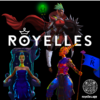


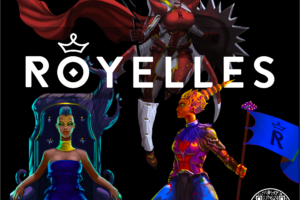


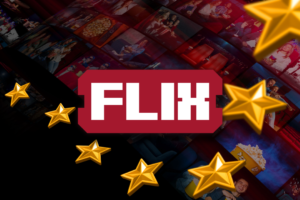
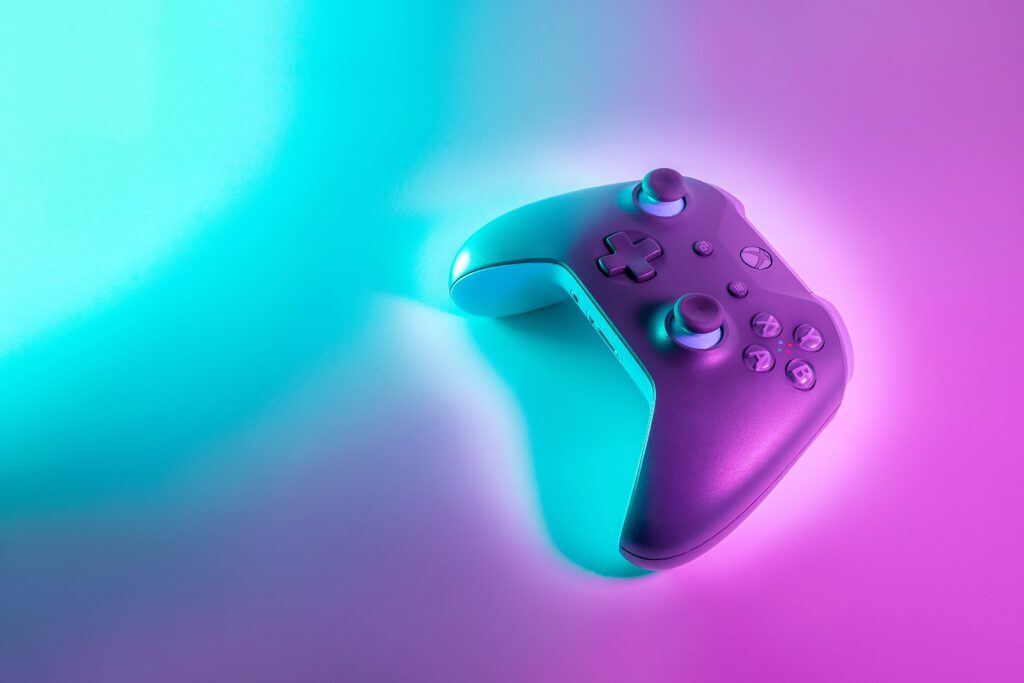
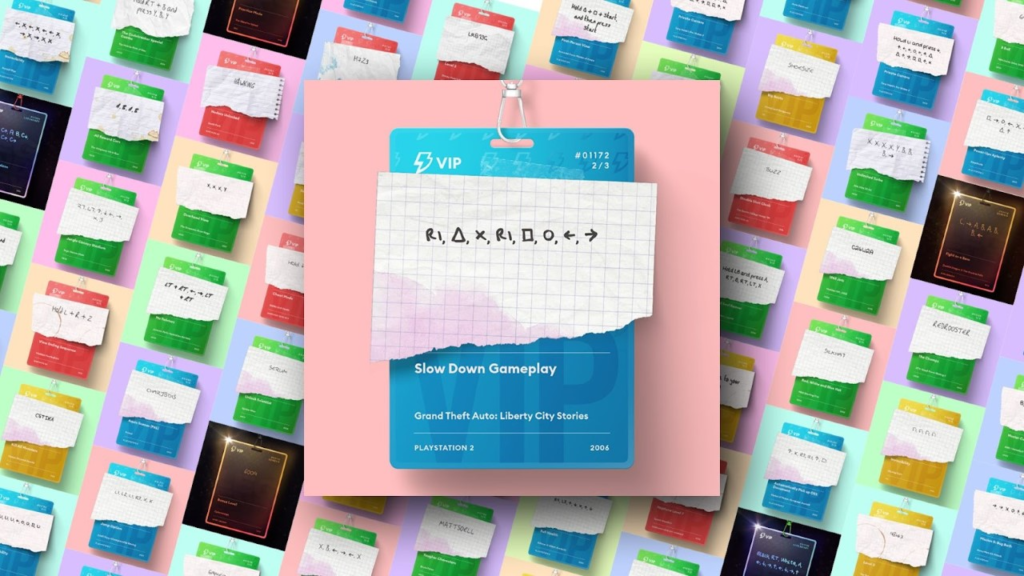




This is truly useful, thanks.
Do you have a spam issue on this site; I also am a blogger, and I
was curious about your situation; we have created some nice methods and
we are looking to swap techniques with others, please
shoot me an e-mail if interested.
Great article.
Thanks for sharing your thoughts about gamefly free trial. Regards
Hello, i believe that i saw you visited my web site thus i came to go back the choose?.I’m trying to find issues to improve my website!I assume its ok to make use of
some of your concepts!!
tylenol pm on amazon https://tylenol1st.com/